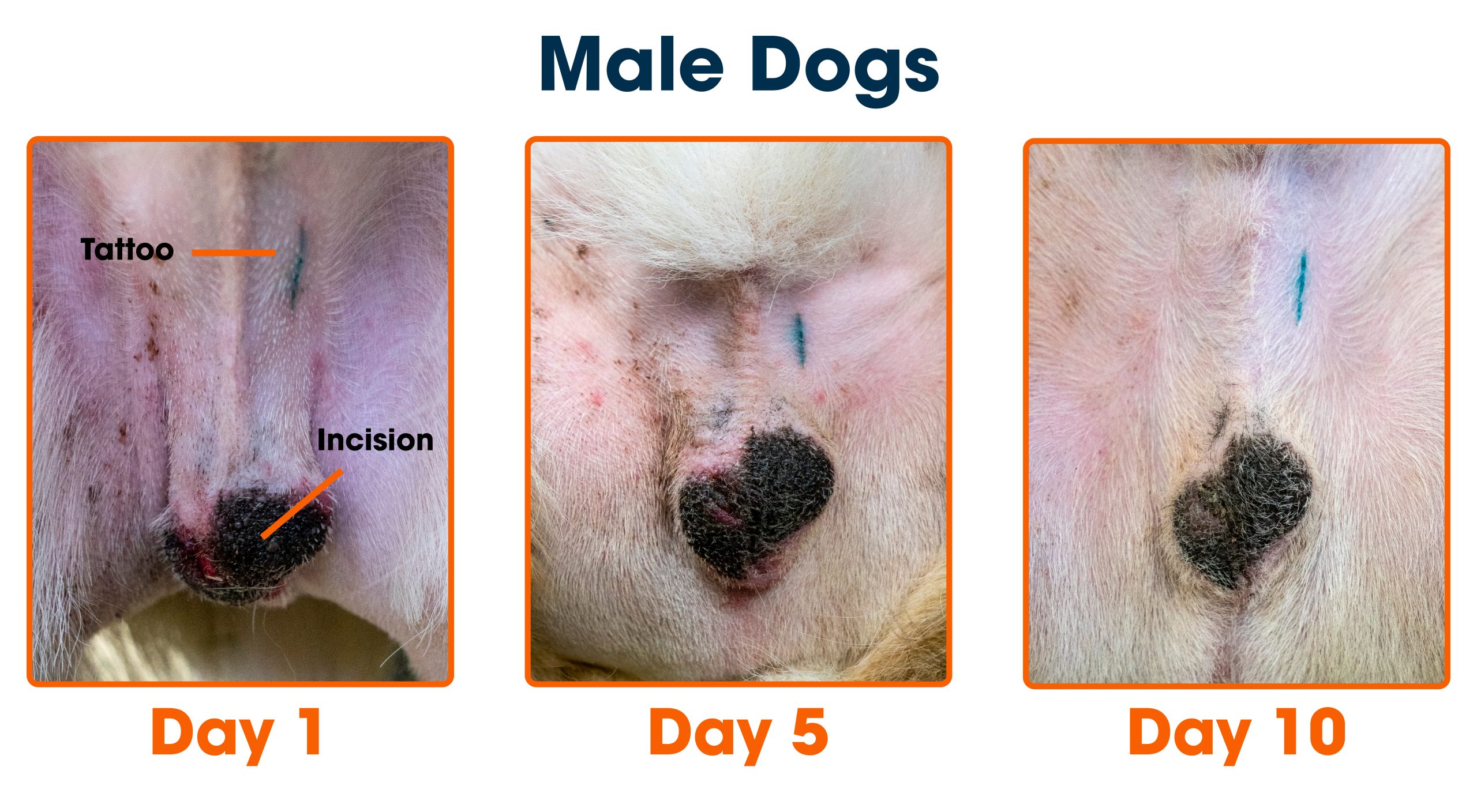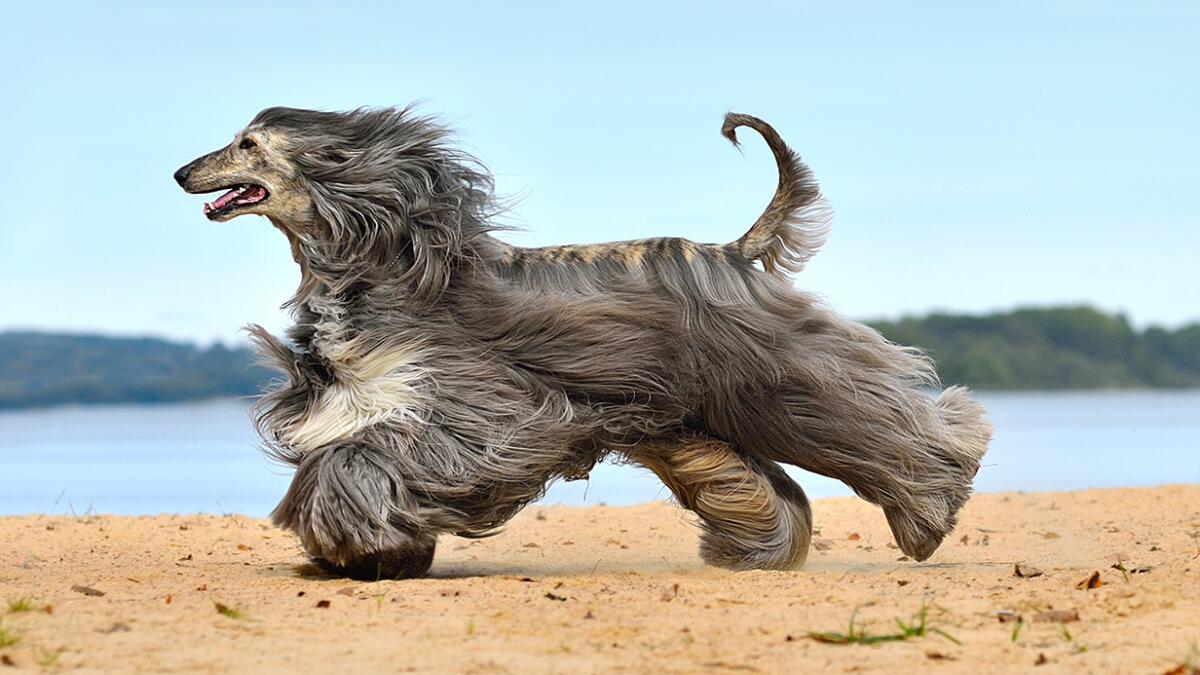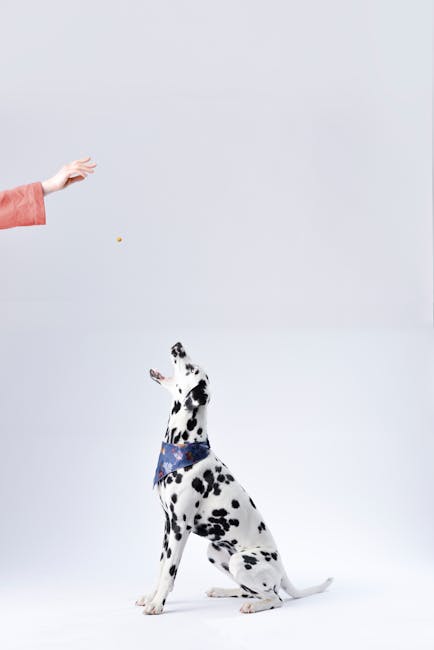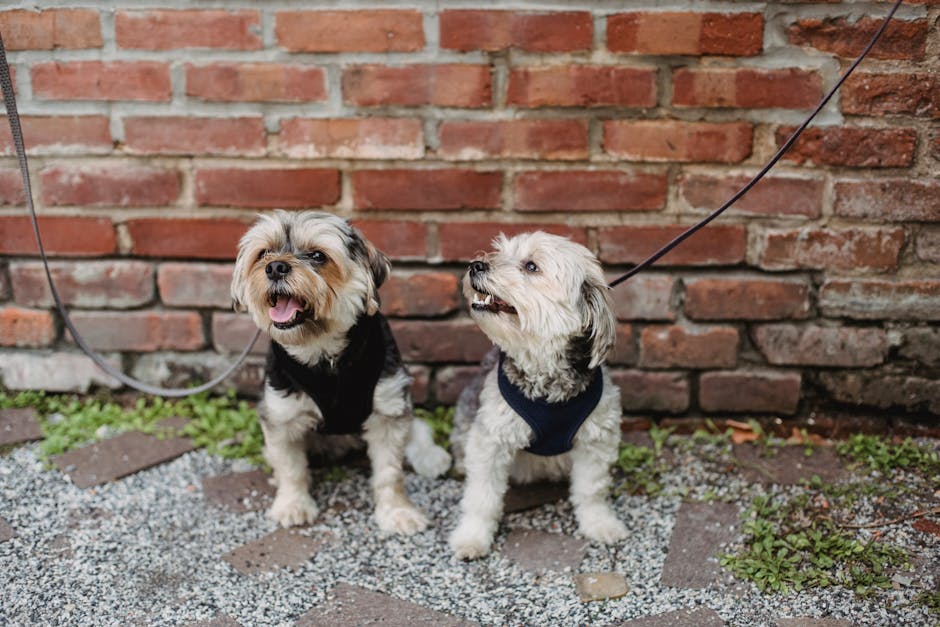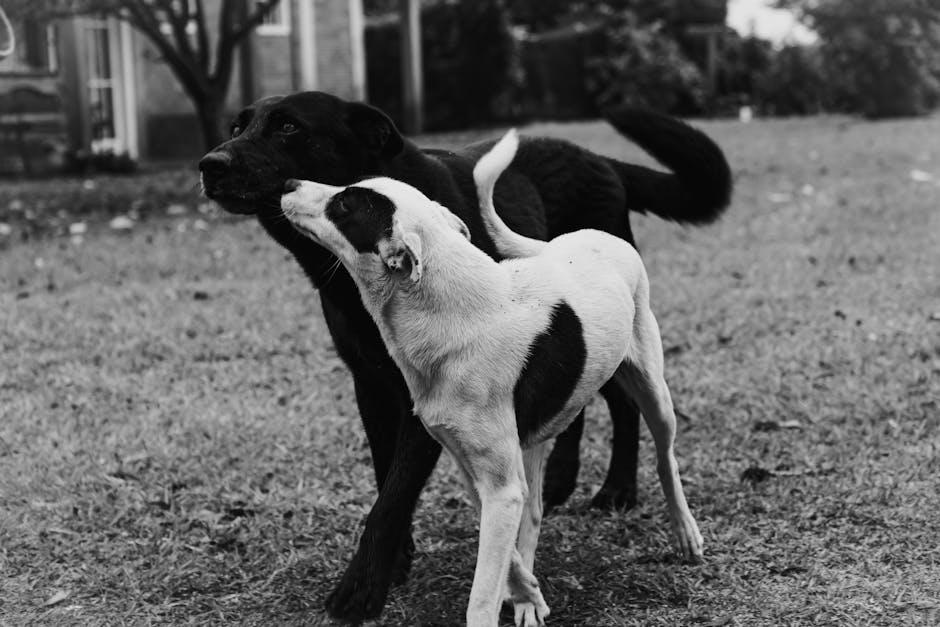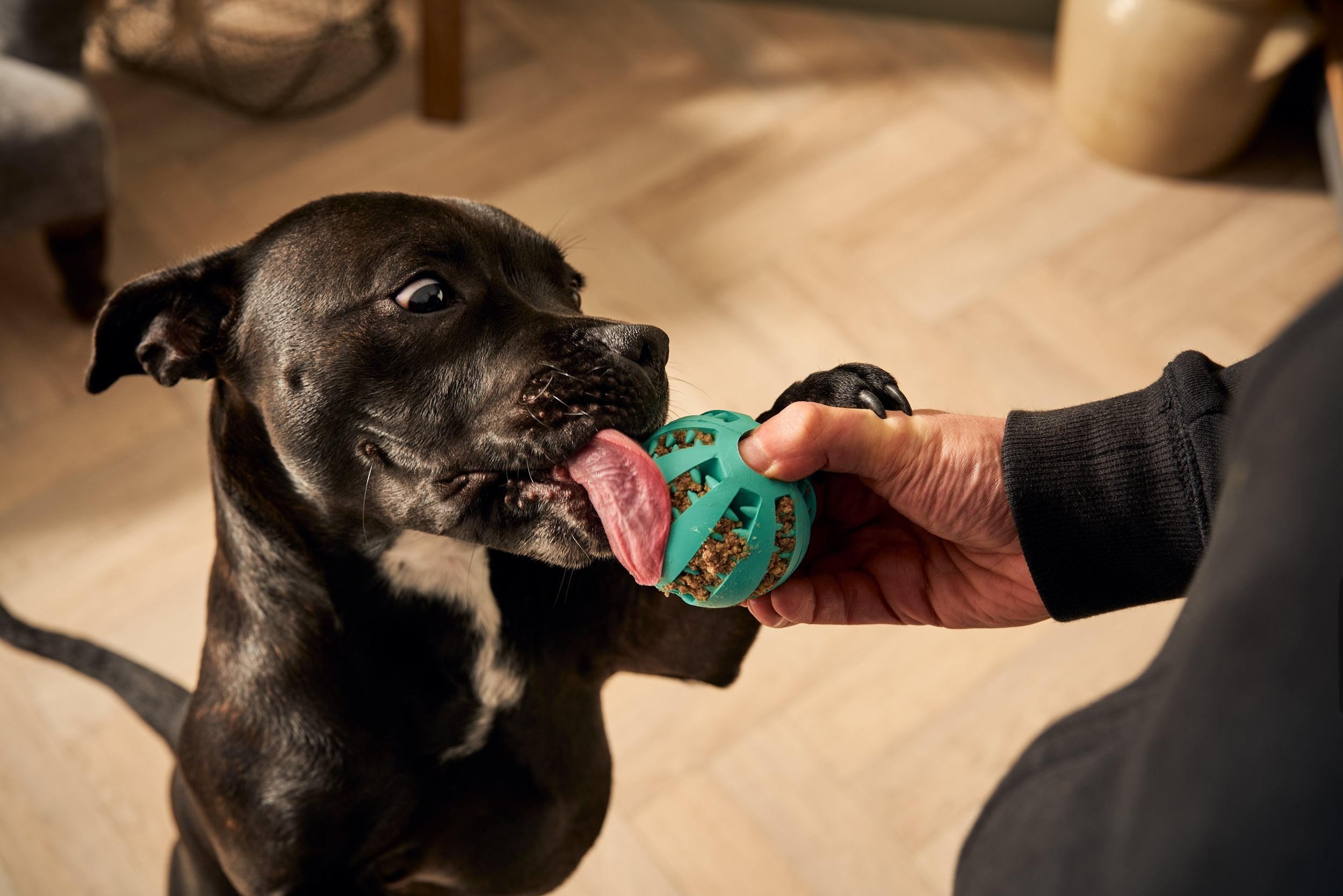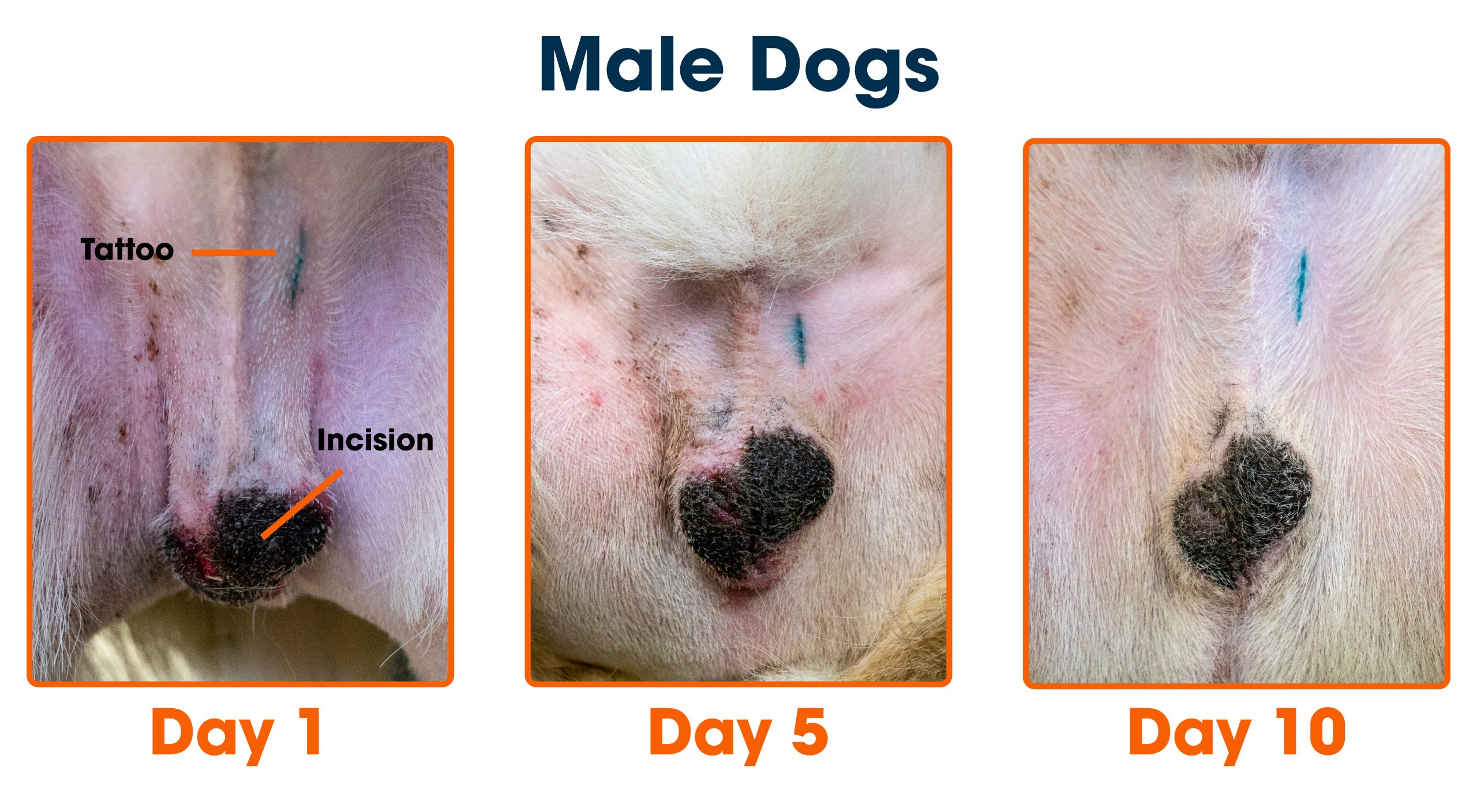If your dog is about to be neutered, you’re probably wondering how long the recovery will take. You want to make sure your furry friend feels comfortable and heals quickly.
Understanding the timeline for a dog’s neuter recovery can help you prepare and provide the best care possible. You’ll learn what to expect day by day and how to support your dog through each stage of healing. Keep reading to discover everything you need to know to make your dog’s recovery smooth and stress-free.
Recovery Timeline
Understanding the recovery timeline after your dog’s neuter surgery helps you provide the best care and notice any signs of trouble early. Each stage of healing comes with its own set of expectations and care needs. Let’s walk through what you can expect from the moment your dog wakes up to full recovery.
Immediate Post-surgery
Right after surgery, your dog may feel groggy or disoriented due to anesthesia. It’s normal to see some mild swelling and redness around the incision site. Keep your dog warm and quiet, limiting movement to prevent strain on the stitches.
Watch closely for any heavy bleeding or unusual discharge. Your vet might send you home with an Elizabethan collar to stop your dog from licking the wound. Did you know that even gentle licking can cause infection or delay healing?
First Week After Neuter
The first week is critical for healing. Your dog might be less active and eat less than usual, but appetite should gradually return. Avoid letting your dog run, jump, or play roughly during this time to protect the incision.
Check the wound daily for swelling, redness, or discharge. If your dog scratches or bites at the site despite the collar, you may need to reinforce protection. Can you commit to daily wound checks? They’re key to catching problems early.
Two Weeks Post-op
By two weeks, the incision usually looks much better, and most stitches or staples are ready to be removed if your vet hasn’t used dissolvable ones. Your dog’s energy levels will likely improve, but still avoid highly strenuous activities. Gentle walks are ideal.
This stage is a good time to ask your vet about resuming normal exercise. Keep an eye out for any signs of discomfort or swelling that might indicate irritation or infection. How has your dog’s mood and mobility changed since surgery?
Full Recovery Period
Complete healing typically takes about 4 to 6 weeks. During this time, internal tissues solidify, and your dog’s hormone levels adjust. Once fully healed, your dog should return to usual behaviors without pain or restriction.
Remember, patience is crucial. Some dogs bounce back quickly, while others take longer. How will you celebrate your dog’s full recovery? A calm day at the park might be the perfect reward.

Credit: www.facebook.com
Signs Of Healing
Recognizing the signs of healing after your dog’s neuter surgery helps you ensure a smooth recovery. Knowing what changes are normal and when to expect progress can ease your worries and guide your care. Let’s look at how your dog’s behavior and physical signs reflect their healing journey.
Normal Behavior Changes
After surgery, your dog might be quieter or less active than usual. This lethargy is a natural response to anesthesia and discomfort. You may notice they want to rest more and may be less interested in play or walks.
Some dogs also show mild irritability or clinginess. These changes usually improve within a few days as pain decreases. Have you observed your dog seeking extra comfort or acting differently? That could be a sign they’re healing and just need some extra care.
Wound Healing Indicators
Check the incision site daily. A clean, slightly pink scar without swelling or discharge is a good sign. Mild redness and a bit of swelling can be normal in the first couple of days.
Watch for any pus, bad smell, or excessive swelling—these can indicate infection. Your dog may lick or bite at the wound, which can slow healing, so consider using an Elizabethan collar to prevent this. Does the wound look dry and is your dog leaving it alone? That’s a positive healing indicator.
When To Expect Activity Resumption
Most dogs start feeling more like themselves within 3 to 5 days post-surgery. Gentle, short walks can resume around this time, but avoid running or jumping. Full activity usually returns by 10 to 14 days.
Keep in mind that each dog is different. Smaller breeds might bounce back quicker, while larger dogs may need a bit more time. Are you noticing your dog trying to get up and move more? Supporting this gradual return to activity helps prevent setbacks.
Care Tips During Recovery
Taking care of your dog after neutering is crucial to ensure a smooth and speedy recovery. The right care helps reduce pain, prevent complications, and keeps your furry friend comfortable. Let’s explore some practical tips that you can start using today to support your dog during this healing time.
Managing Pain And Discomfort
Your dog may feel sore or uncomfortable after surgery. You can help by following the vet’s instructions on pain medication carefully. Never give human painkillers unless your vet says it’s okay.
Watch for signs like whining, limping, or restlessness—these can indicate pain. Providing a cozy, quiet space helps your dog relax and recover faster. Have you noticed your dog’s favorite blanket helps soothe them during recovery?
Preventing Infection
Infection at the surgery site can cause serious problems. Keep the incision area clean and dry, and avoid bathing your dog until the vet approves. Check the wound daily for redness, swelling, or discharge.
If you spot anything unusual, contact your vet right away. Preventing your dog from licking or biting the incision is key—this leads us to protective gear, which plays a big role.
Limiting Physical Activity
Exercise restriction is often the hardest part for active dogs. Avoid running, jumping, or rough play for at least 10–14 days after surgery. Instead, choose calm walks on a leash to keep your dog’s energy in check without risking injury.
Have you tried using leash walks as bonding moments during recovery? It’s a great way to keep your dog mentally engaged while healing physically.
Using E-collars And Protective Gear
E-collars, or “cones,” prevent your dog from licking or biting the incision. While they may seem uncomfortable, they protect your dog from infections and help the wound heal faster. There are softer alternatives, like inflatable collars or recovery suits, which some dogs tolerate better.
Finding the right protective gear can make a big difference in your dog’s comfort and healing. What type of collar worked best for your pet after surgery?
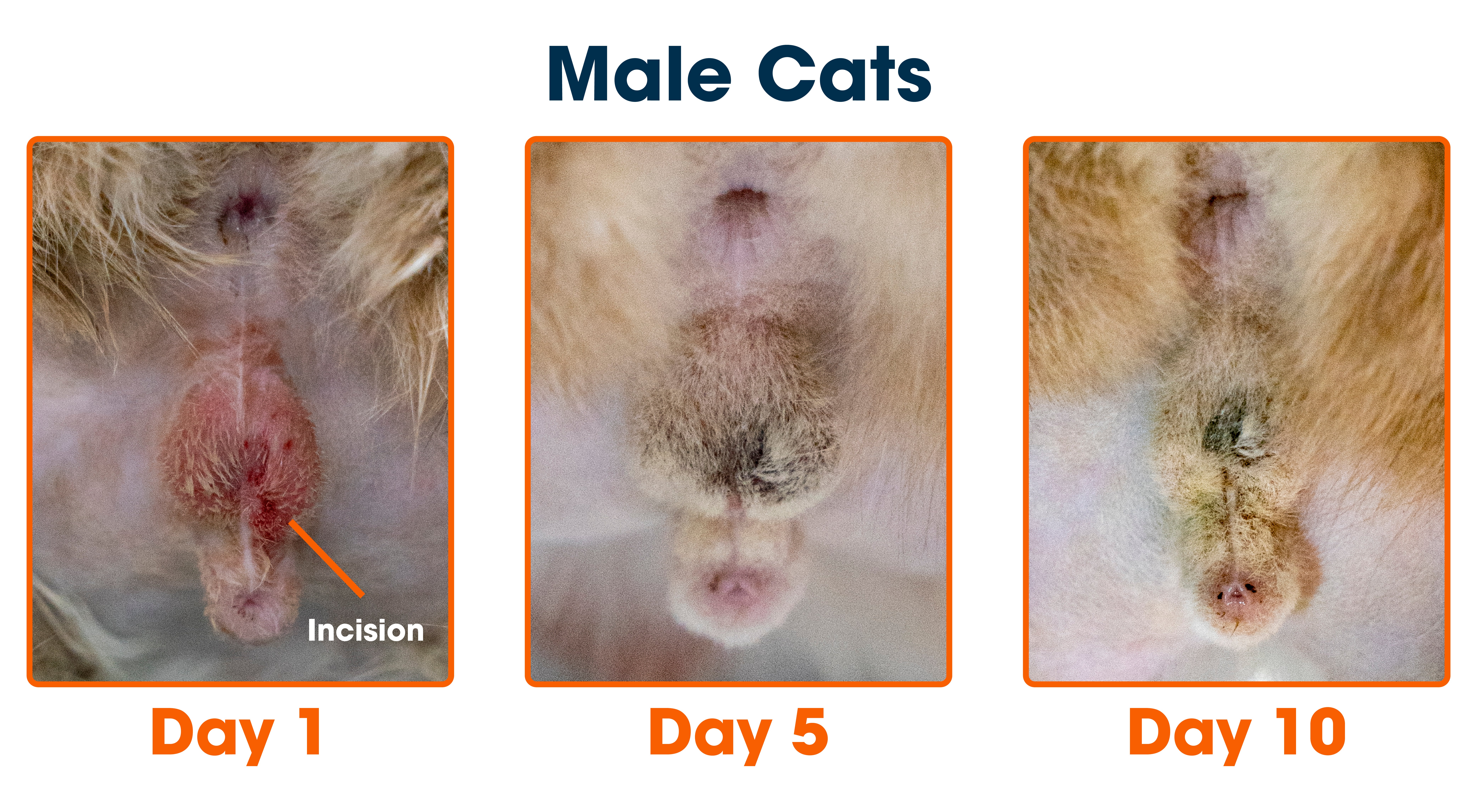
Credit: www.aspca.org
Potential Complications
After your dog’s neuter surgery, it’s important to stay alert for potential complications that can affect recovery. While most dogs heal quickly, some issues may arise that need your immediate attention. Understanding these possible problems can help you act fast and keep your pet safe.
Common Post-surgery Issues
Swelling and bruising around the incision site are normal but should reduce within a few days. Mild bleeding or discharge can happen but excessive oozing is a red flag. Some dogs may experience mild lethargy or loss of appetite, which usually improves in 24 to 48 hours.
Occasionally, dogs might lick or chew the incision, causing irritation or infection. Using an Elizabethan collar can prevent this behavior. Also, watch out for signs of pain that don’t improve with prescribed medication.
Recognizing Warning Signs
Watch closely for symptoms like persistent vomiting, diarrhea, or coughing, as these could signal anesthesia complications. If the incision appears very red, swollen, or emits a foul odor, infection may be developing.
Sudden swelling in the scrotum or abdomen, difficulty urinating, or excessive bleeding should never be ignored. These signs could indicate serious issues such as hematoma or internal bleeding.
When To Contact A Vet
- If your dog shows signs of severe pain or distress that don’t improve with pain relief.
- Any continuous bleeding or discharge from the incision lasting more than 24 hours.
- Signs of infection like fever, redness, or pus at the surgery site.
- Unusual behavior such as weakness, collapse, or trouble breathing.
Don’t hesitate to reach out to your vet if you feel something isn’t right. Early intervention can make a big difference in your dog’s recovery and comfort.
Factors Affecting Recovery
Recovery after a dog neuter surgery varies widely, and several factors influence how quickly your furry friend bounces back. Understanding these elements can help you set realistic expectations and provide the best care during healing. Let’s take a closer look at what affects your dog’s recovery time and comfort.
Age And Health Of The Dog
Young, healthy dogs tend to heal faster than older or sick dogs. A puppy’s body is resilient and recovers quickly, often within 7 to 10 days.
Older dogs or those with underlying health issues may need more time. Conditions like diabetes or immune disorders can slow healing and increase infection risk.
Have you noticed your dog’s energy levels drop after surgery? That’s normal, especially if they’re older or less healthy. Keep a close eye on any unusual behavior or prolonged lethargy.
Surgical Technique Used
The way the surgery is performed impacts recovery significantly. Traditional open surgery might cause more tissue trauma, leading to longer healing times.
Minimally invasive techniques, like laparoscopic neutering, usually result in less pain and faster recovery.
Ask your vet about the method used and what you can expect. Knowing this helps you prepare for your dog’s needs after the procedure.
Home Care Environment
Your home plays a crucial role in your dog’s healing process. A calm, quiet space helps reduce stress and encourages rest.
Limit your dog’s activity to prevent strain on the incision site. Avoid stairs, jumping, or rough play until your vet gives the all-clear.
Cleanliness is vital. Keep the incision dry and monitor it daily for signs of redness or swelling. How easy is it for you to manage this care routine?
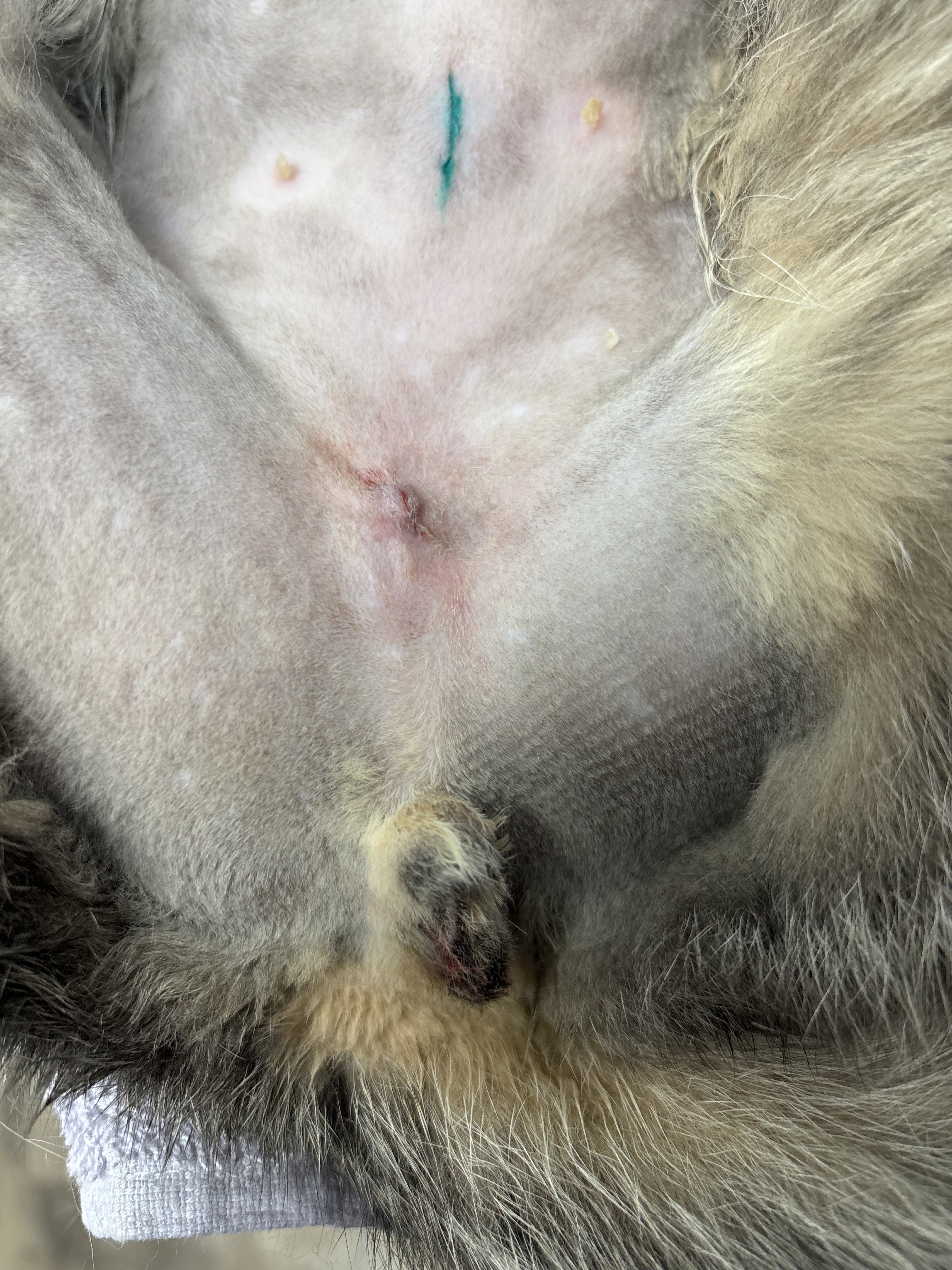
Credit: 613345spay.ca
Frequently Asked Questions
How Long Does Dog Neuter Recovery Usually Take?
Dog neuter recovery typically lasts 10 to 14 days. During this time, the incision heals and swelling reduces. Most dogs return to normal activity within two weeks after surgery.
When Can Dogs Resume Normal Activities Post-neuter?
Dogs can resume light activities after 7-10 days. Vigorous exercise should be avoided for at least two weeks to prevent complications. Always follow your vet’s specific advice for your dog’s recovery.
What Signs Indicate Complications During Neuter Recovery?
Watch for redness, swelling, discharge, or foul odor at the incision site. Excessive licking, lethargy, or loss of appetite may also signal issues. Contact your vet immediately if you notice any of these signs.
How To Care For A Dog After Neuter Surgery?
Keep your dog calm and restrict movement for two weeks. Prevent licking by using an Elizabethan collar. Monitor the incision daily and keep it clean and dry for proper healing.
Conclusion
Recovery after dog neuter surgery usually takes about 10 to 14 days. During this time, your dog needs rest and care to heal properly. Keep your dog calm and avoid rough play or jumping. Watch for signs of infection like swelling or redness.
Follow your vet’s advice on medication and check-ups. With good care, your dog will feel better soon. Patience and attention help your pet recover safely and comfortably.

